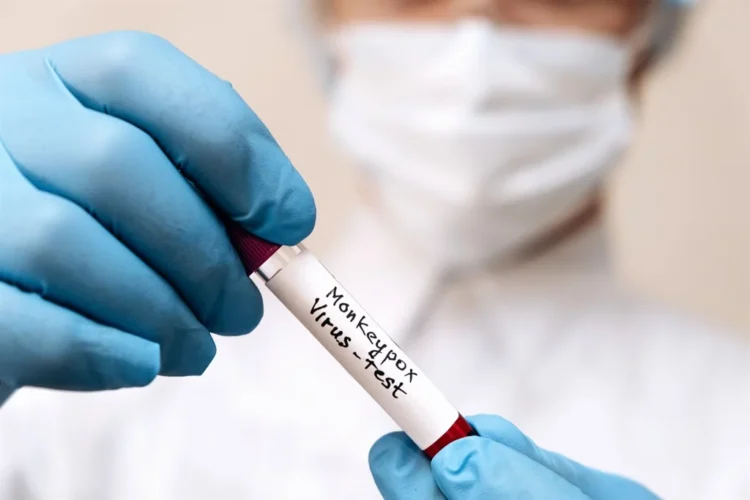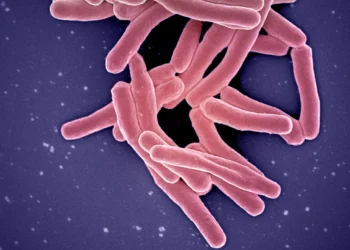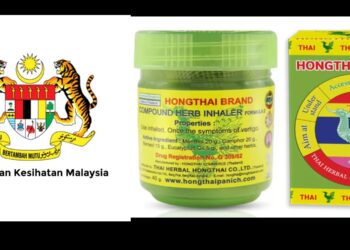Mpox, previously known as monkeypox, is a viral disease caused by the monkeypox virus, a member of the Orthopoxvirus genus, similar to smallpox. The disease presents with symptoms like skin rashes or mucosal lesions that can last two to four weeks, accompanied by fever, headache, muscle aches, and swollen lymph nodes. The name “monkeypox” was initially given because the disease was first identified in laboratory monkeys, but this term has been criticized due to its potential for stigmatizing African countries.
Why is Mpox a Public Health Emergency of International Concern (PHEIC)?
The World Health Organization (WHO) recently declared mpox a Public Health Emergency of International Concern (PHEIC) for the second time on 14th August 2024, in response to a significant surge in cases, particularly in the Democratic Republic of Congo (DR Congo). The disease has resulted in over 14,000 cases and 524 deaths in DR Congo alone this year, surpassing last year’s total. This designation as a PHEIC is the highest level of alarm under international health law and is used to identify and manage extraordinary events that pose a risk to public health across international borders.
Mpox in Malaysia
In Malaysia, the Ministry of Health (MOH) is taking the situation seriously, increasing surveillance at international entry points and advising travelers to monitor their health for 21 days after arrival. The most recent cases in Malaysia were reported between October and November last year, with five new cases bringing the total to nine. Fortunately, all patients have recovered, and no deaths have been reported. However, the MOH has advised Malaysians to maintain a healthy lifestyle and avoid risky activities when traveling to countries with reported mpox case.
Global Response and Vaccination Efforts
While there is no specific treatment for mpox, vaccines developed for smallpox can be used in some cases. The WHO has developed a regional response plan requiring an initial funding of USD 15 million to enhance surveillance, ensure vaccine availability, and provide necessary support to affected countries. The European Union (EU) has also announced plans to send 175,420 doses of mpox vaccines to the Africa Centres for Disease Control and Prevention (Africa CDC). Additionally, pharmaceutical company Bavarian Nordic, the manufacturer of the mpox vaccine, will donate 40,000 doses to the EU Health Emergency Response Authority (HERA) to aid in the global fight against the disease.
Mpox vs Covid-19
Though mpox is a serious public health concern, it differs from Covid-19 in several ways. Unlike Covid-19, which spreads rapidly due to its high transmissibility, mpox spreads primarily through close contact and has a lower transmission rate. However, the designation of a PHEIC highlights the importance of vigilance, particularly in high-risk populations, as the current outbreak includes a new sub-variant, Clade I, which has alarmed global health experts due to its ability to spread easily through close personal contact.
As the global health community continues to monitor and respond to the mpox outbreak, it is essential for the public to stay informed and adhere to recommended health guidelines. The declaration of mpox as a PHEIC underscores the need for coordinated global action to prevent further spread and protect public health.
Medical practitioners can refer to the Health Ministry Official Website for mpox guidelines.
Click here for more Informations on mpox
Follow us on Instagram, Facebook or Telegram for more updates and breaking news.








